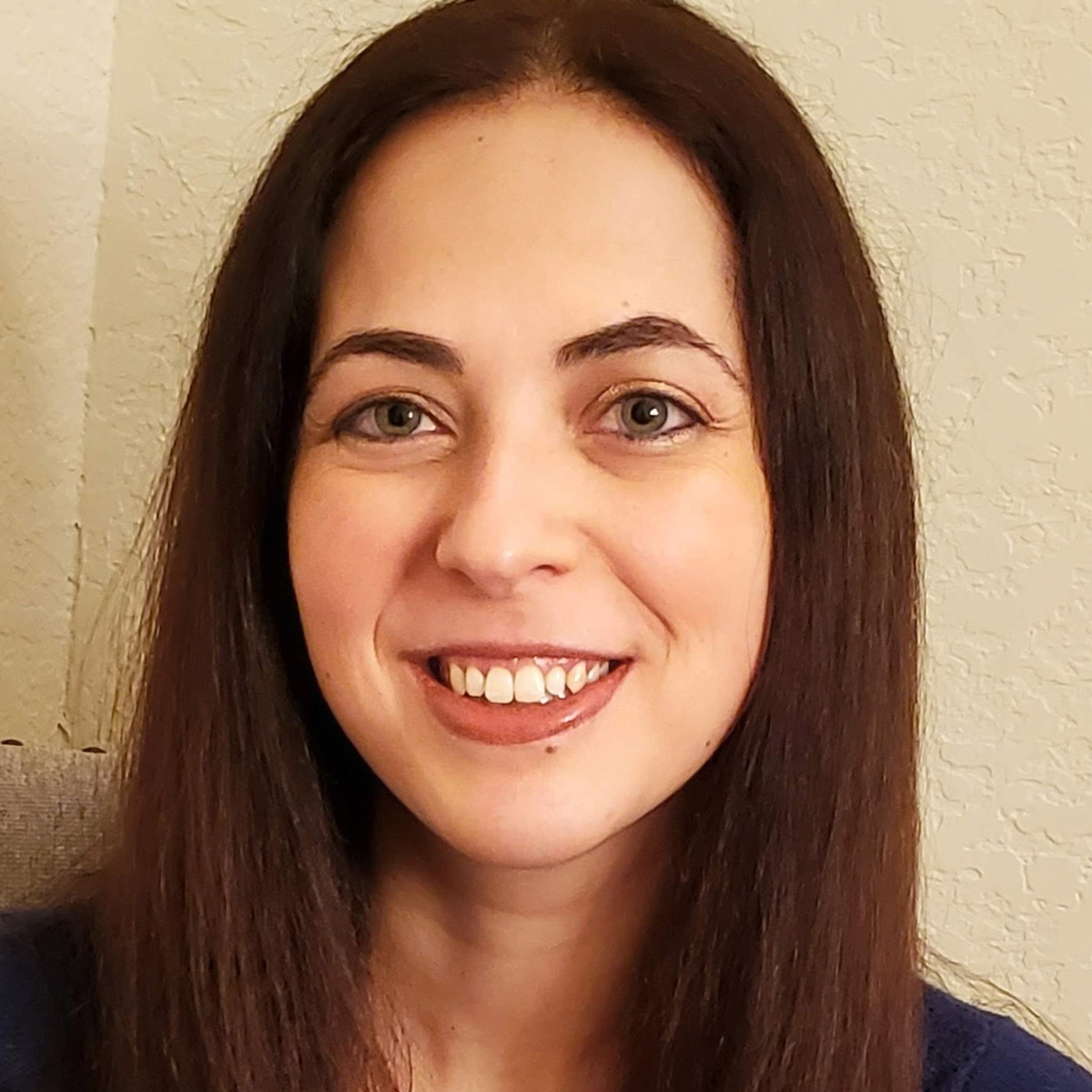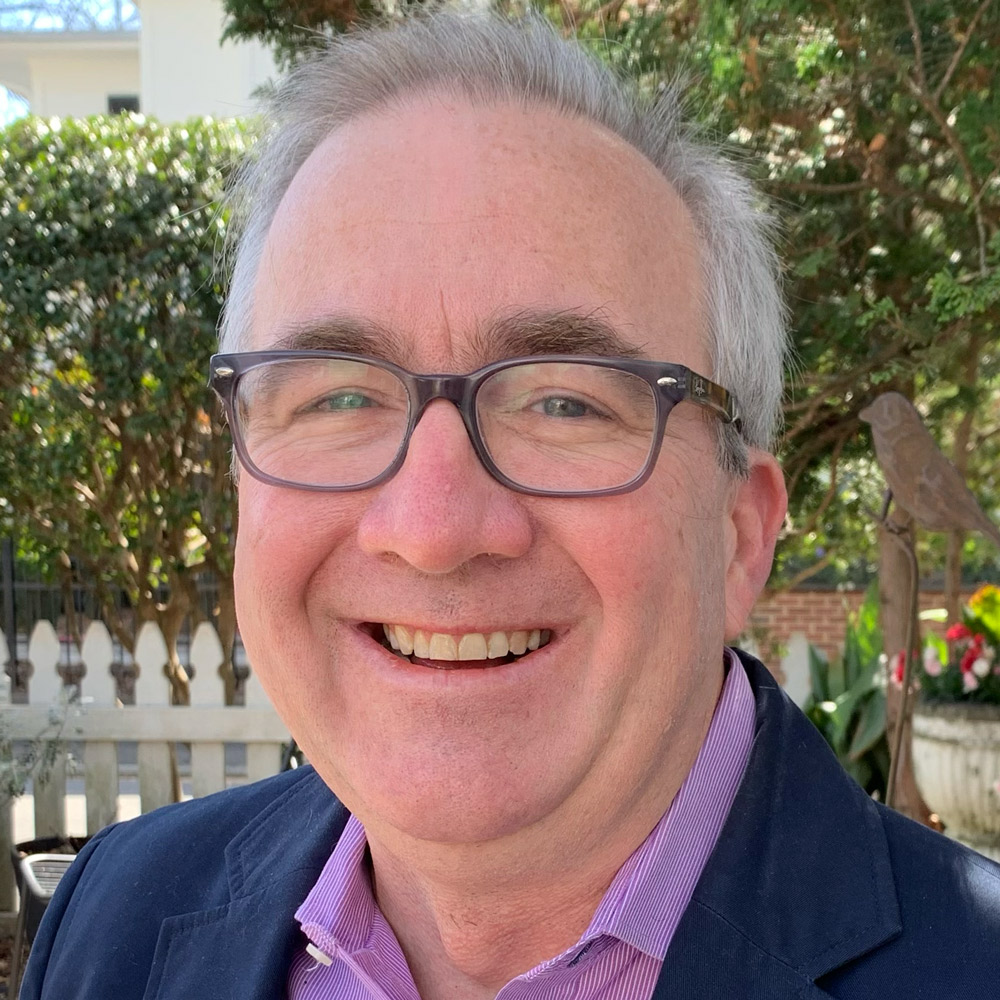An NPO diet means avoiding food and drink for a specific amount of time before a medical or surgical procedure.
NPO guidelines are very important for your safety under sedation or anesthesia.
Not following NPO guidelines can lead to serious medical issues. Typically, your surgery will be canceled to avoid the risk of these problems.
NPO stands for “nil per os,” or “nothing by mouth.” It’s the standard instruction for people preparing to have a medical procedure or surgery. NPO means you avoid food and drink for hours before your medical or surgical procedure. This is very important for your safety under anesthesia. Because of this, eating or drinking before your surgical procedure can cause it to be canceled. That’s why it’s good to know what NPO means, and how to follow NPO instructions so your surgery can go ahead as planned.
An NPO order is common before any procedure that requires anesthesia or sedation. The reason doctors give NPO instructions is because having a full stomach can raise the risk of serious health issues from sedation and anesthesia. A “full stomach” means that there’s still liquid or solid food in the stomach that hasn’t yet moved on to the intestines. NPO instructions exist to make sure that you have no undigested food or liquid left in your stomach by the time you have your procedure.
Unsure about having anesthesia? Here are some things you should know about how anesthesia works and what it’s used for.
Is laparoscopic surgery better? Learn more about the risks and benefits of laparoscopic surgery and what you can expect.
Recovery after surgery: Find out how your diet affects your recovery after surgery and what you should and shouldn’t eat.
NPO guidelines say that someone undergoing a surgical or medical procedure requiring anesthesia or sedation shouldn’t eat or drink for a specific amount of time before the procedure. There are usually different instructions for solid food than for liquids. And some liquids need a longer NPO time period than other liquids. Solid foods and liquids high in fat or protein (like milk) can take longer to leave your stomach than clear liquids (like water).
Search and compare options
In general, guidelines recommend the following NPO times:
Solid food: up to 8 hours before a procedure
Liquids high in protein or fat: up to 6 hours before a procedure
Clear liquids: up to 2 hours before a procedure
In some cases, the time may depend on what someone ate. For example, a light meal, like simple toast or crackers without any fat or protein, may only need 6 hours. For procedures scheduled in the morning, a common NPO instruction is to not eat or drink anything after midnight. For procedures scheduled in the afternoon, you might be allowed to have a light, early breakfast.
In some cases, your surgeon may recommend drinking a clear liquid on the morning of your surgery to help with your recovery. In these cases, it’s important to drink the liquid. But make sure you finish it at least 2 hours before your scheduled surgery.
It’s always best to check with your medical team about what you can eat or drink and when it’s safe to do so. Making any kind of assumptions may put your procedure and your safety at risk.
The guidelines for children having a medical or surgical procedure under sedation or anesthesia are the same as for adults, except that they include breastmilk and infant formula:
Infant formula: Requires 6 hours NPO
Breastmilk: Requires 4 hours NPO
You may worry about not eating or drinking for a prolonged period of time. But most healthy people can be NPO for several hours — and even up to a few days — without problems. It’s uncommon to have to stay NPO for long periods. But there are times when that may happen. For example, people with certain medical conditions may need to be NPO for longer than 8 hours. Similarly, if your surgical procedure is delayed for any reason, you’ll have to stay NPO until your surgery can happen.
People with diabetes may run the risk of low blood sugars if they stay NPO for a while. But, checking blood glucose levels often can help people with diabetes follow NPO instructions safely. If you have diabetes and have to be NPO for a procedure, make sure to check your blood glucose level in the morning and regularly while not eating.
If your blood glucose is low or you start to have symptoms of low blood sugar, you can drink a clear liquid with sugar (like apple juice or Gatorade) up to 2 hours before your procedure. If you are already in the waiting area when you start to have symptoms, make sure you tell a member of your medical team right away.
If your blood sugar is running low once you get to the procedure, the nurse or anesthesia provider can give you glucose through your IV to avoid complications or canceling your procedure.
In some cases, you may be able to drink only clear liquids while NPO. A clear liquid is anything that you can see through. Examples of clear liquids include:
Water
Apple juice
Carbonated drinks
Gatorade, Crystal Light, Pedialyte, or similar clear electrolyte drinks
Black coffee
Clear tea
Keep in mind, juices that have pulp, like orange juice or tomato juice, are not clear liquids. You’ll also want to avoid any dairy or plant-based milk or creamer of any type to your coffee or tea. In addition to these restrictions, you may be advised not to drink fluids with red, purple, or blue coloring. This is especially true if you’re having an endoscopy procedure.
Although drinks with alcohol can be clear, alcohol is not safe to drink before surgery.
Different hospitals or surgery centers may have slightly different rules for what you should or shouldn’t drink. Often, they will let you know their recommendations either during your pre-operative visit or the day before your surgery.
If you have questions about what you can or cannot drink, be sure to ask during your pre-operative visit or phone call.
Just like all other clear fluids, you can drink water up to — but no closer than — 2 hours before the scheduled start of your medical procedure or surgery. Drinking water after you stop eating will keep you hydrated. And it may help you feel better while following an NPO diet.
The most serious risk of having anesthesia or sedation with a full stomach is aspiration pneumonia — when food or liquid from your stomach gets into your lungs. This happens because under sedation or anesthesia, your body can vomit without you being aware of it. If the food, liquid, or stomach acid gets into your lungs, it can cause serious lung damage. In some cases, this damage means you need to be in the ICU or on a ventilator. It can even be fatal.
Another risk is that your procedure could be canceled or rescheduled. For your safety under anesthesia, anesthesiologists are very strict about following NPO guidelines. So, if you haven’t been able to follow them, your procedure may be canceled or delayed.
Accidents and misunderstandings happen — that’s a fact of life. If you haven’t been able to follow NPO guidelines for your procedure, it’s important to tell your medical team. Rescheduling your procedure is a drag, but it’s better than risking aspiration.
In emergencies, the risk of delaying a surgery or medical procedure is greater than the risk of not following NPO guidelines. In these cases, the surgery or medical procedure happens. And anesthesiologists do all that they can to lower the risk of aspiration. While it’s not possible to completely eliminate the risk, there are some things anesthesiologists can do to help lower it as much as possible.
The best way to lower the risk of aspiration in nonemergency procedures is to give the stomach enough time to digest normally and fully empty.
An NPO diet is commonly required before a medical or surgical procedure to lower the risk of aspiration pneumonia. Most people can go without eating for several hours without it affecting their health. Usual NPO instructions include not eating or drinking after midnight or for 8 hours before a procedure. Drinking water or clear liquids up to 2 hours before a procedure may also help you feel better. And in some cases, it may improve your postoperative recovery.




American Society of Anesthesiologists. (2017). Practice guidelines for preoperative fasting and the use of pharmacologic agents to reduce the risk of pulmonary aspiration: Application to healthy patients undergoing elective procedures: An updated report by the American Society of Anesthesiologists task force on preoperative fasting and the use of pharmacologic agents to reduce the risk of pulmonary aspiration. Anesthesiology.
Duggan, E. W. et. al. (2017). Perioperative hyperglycemia management: An update. Anesthesiology.
Jankowksi, C. J. (2017). Preparing the patient for enhanced recovery after surgery. International Anesthesiology Clinics.